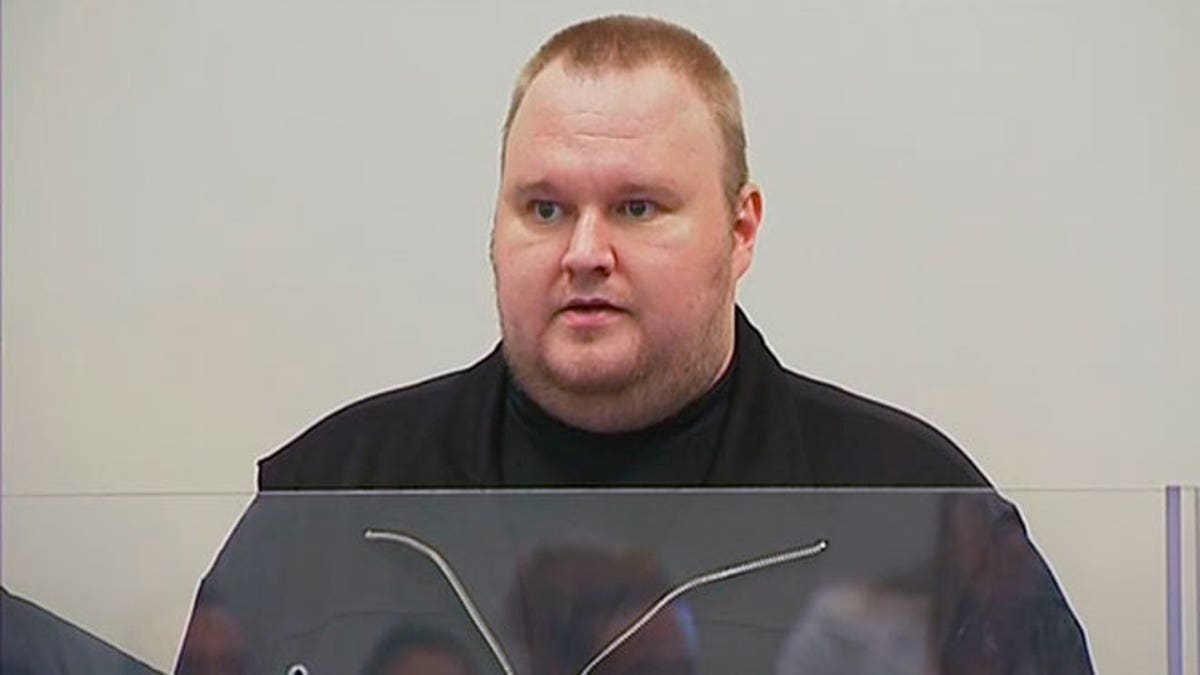
(Reuters)
WELLINGTON, New Zealand – In his first interviews since his January arrest in New Zealand, Megaupload founder Kim Dotcom says he will prevail in what he calls a "political" Internet piracy case against him.
In what is shaping up to be one of the biggest copyright cases in history, U.S. authorities are trying to extradite Dotcom on racketeering and other federal charges. They say he and colleagues at his file-sharing website facilitated millions of illegal downloads, costing songwriters and moviemakers some half a billion dollars in lost copyright revenue while making a fortune for themselves.
Dotcom was arrested Jan. 20 and released last week on bail. Under the conditions of his release, he is confined to his Auckland home and isn't allowed Internet access.
[summary]
In a story published Thursday in The New Zealand Herald, Dotcom said U.S. authorities cherry-picked emails and other evidence in a way that was "misleading and malicious."
"For me, sitting in my cell, I'm thinking, 'Why are they doing this? They can't win it'," he told a reporter for a sister publication, the Herald on Sunday.
Dotcom said in the interview that there were staff at Megaupload whose jobs were to take down any material that might infringe copyright. The U.S. indictment, however, alleges that Dotcom and Megaupload routinely took down individual links to offending material but left the offending material itself in place.
In another interview, Dotcom told the file-sharing news website TorrentFreak that New Zealand authorities had "put on a show for the FBI" when they swooped down in helicopters to arrest him at his mansion.
[pullquote]
"We're going for this and we're confident we're going to win," Dotcom told the website in an article published Monday. "We feel that the action taken against us was political."
Dotcom said in the Herald interview that on his first day of incarceration at Auckland Central Remand Prison, he didn't get provided with basics like a blanket or toilet paper. He said he was deprived of sleep after being woken every two hours by guards shining flashlights in his face to make sure he was still in his cell and still alive.
But Dotcom, described in U.S. court papers as about 1.95 meters (6 feet, 5 inches) tall and weighing 146 kilograms (322 pounds), also told the paper that he was happy about losing 35 pounds (16 kilograms) over the duration of his stay.








































